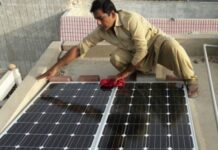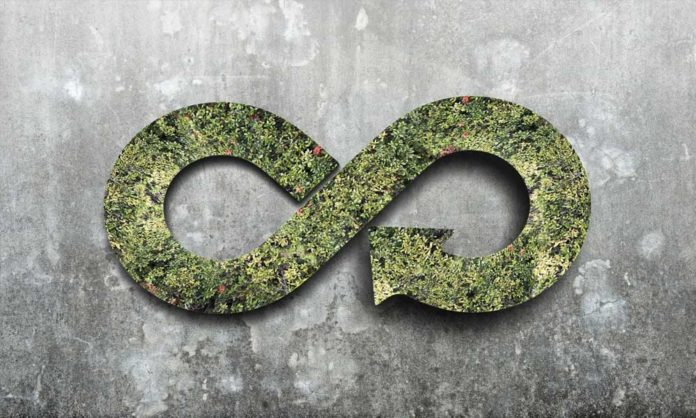For thousands of years, humans have taken products from nature and eventually converted them into waste material. This process is linear and plays no part in converting the world into a better place. But there is a method through which the Earth can regain its strength and beauty, known as Circular Economy.
The method is quite simple in its mechanism and works under three major principles:
1. Eradicate waste and pollution
2. Convert products into the finest value
3. Regenerate the nature
Hence the Circular Economy is a system that solves crises like pollution, waste, biodiversity, and climate change.
The Concept of Circular Economy
The world has created massive waste due to industrialisation. But if used wisely, this advancement of technology can lead to resolving the issue at large. To manage the waste that may wreak havoc in future the Circular Economy has four concepts:
1. Reverse Logistics: Traditionally, the product goes from manufacturer to user and then to waste. In a Circular Economy, the product travels back to the manufacturer instead of going to waste so it can be recycled.
2. Recycle: The recycling stage has endless possibilities. Once the used or leftover parts of the product come back to the manufacturer they can be synthesized with the help of biomimicry. The process may sound complicated, but they are applicable with the assistance of simple concepts from basic sciences.
3. Involve Community: Most needed step is to promote and connect with the people so they can know about their responsibility towards the plant.
4. Use of Technology: As said before, our progress in the field of basic sciences and engineering can lead us to create a positive impact and tackle the global crisis.
Circular Economy in Pakistan; Young Generation has Taken the Command
Pakistan is the prime victim of the ‘linear process where the product comes from the manufacturer and goes to waste. Only the plastic waste of the country surges to 3.3 million tons. If the waste is collected, it will reach a size twice the height of K2 mountain.
Looking at the problem at hand, several young entrepreneurs have created startups based on the Circular Economy model. Recently, some potential ideas emerged from the Shell Tameer Awards, by Shell Pakistan, and their vision might help the country to minimize waste material.
Upcycled: The idea is a brainchild of a young female entrepreneur Sadaf Tagar. Upcycled produces plastic polymers and organic fertilizers from waste material.
EFG Construction: Ayan Raza’s initiated project utilizes plastic waste in the construction sector. The innovative startup takes plastic waste and converts it into building material. Hence the concept of reverse logistics and recycling are applied intelligently.
Mobiliti: Talking about recycling that serves mankind, Mobiliti by Abrahim Shah uses plastic waste to manufacture bionic prosthetics & assistive devices. It falls under a category of social entrepreneurship but with the base of Circular Economy.
Davaam Life (Private) Limited: Syed Salman Tariq created a technology-driven start-up that cut down single-use plastic at source through smart dispensing stations while providing solutions for waste collection, materials recovery facilities and end-use recycling.
Irverde-GoGreen: Angel Imdad, a female environmentalist, designed a model for responsible waste collection. It also educates and incentivizes communities for adopting environment-friendly practices and behaviors.
The notion of a Circular Economy may lead our country to fight rising pollution. Karachi, Lahore and other major cities are ranked as the most polluted cities in the world. It is the right time to use the power of youth and strengthen the Circular Economy model for better growth of the country.









































